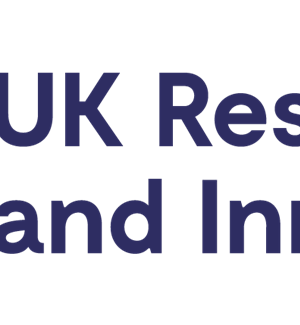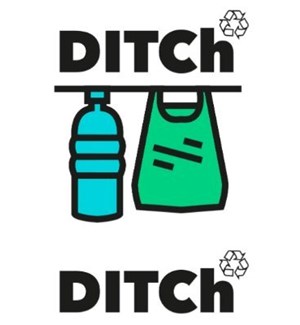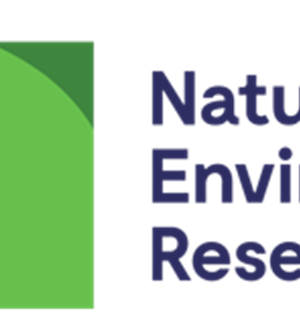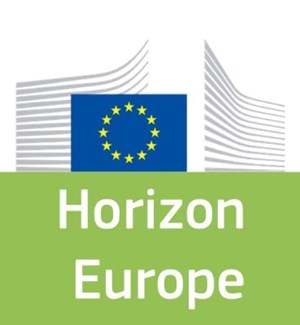- Agricultural University of Athens (Geoponiko Panepistimion Athinon) - Greece,
- Udruženje za preduzetništvo i inovacije Foodscale Hub - Serbia,
- Vlaamse Instelling Voor Technologisch Onderzoek N.V. - Belgium,
- Havforskningsinstituttet - Norway,
- Technical University of Denmark (DTU) - Denmark
The InPlasTwin main goal is to strengthen the Jožef Stefan Institute (JSI), Slovenia, and the Agricultural University of Athens (AUA), Greece, research and innovation capacity in micro- and nanoplastics (MNPs) analysis through networking, knowledge sharing, and research collaboration with leading European institutions. This will be achieved by fostering strategic partnerships with the Flemish Institute for Technological Research (VITO), Belgium, the Institute of Marine Research (IMR), Norway, and Technical University of Denmark (DTU), renowned for their expertise in MNPs analysis. Access to advanced equipment and training will empower JSI and AUA to excel in MNPs analysis, including extraction, quantification, identification, characterization, and plastic additive analysis. AUA, with its hydroponics and crop cultivation experience, will share its insights while gaining knowledge on MNPs generation from agricultural plastics and its effects on crop quality. Collaboration with the NGO FoodScale Hub (FSH), Serbia, will expand the reach of JSI and AUA's research and reputation and raise awareness about plastic pollution in the agri-food sector. Moreover, twinning activities with VITO, IMR, and DTU will facilitate skills transfer for efficient project management and administration. The project also prioritizes promoting diversity inclusion and ethical practices within JSI, AUA, and FSH, all representing widening countries. The InPlasTwin objectives will be achieved through well-defined twinning activities, including short-term exchanges of both early-stage and senior researchers, organization of training and workshops, thematic scientific meetings, and dissemination of findings within the scientific community, industries, and the public. InPlasTwin aims to advance MNPs research, foster partnerships, disseminate knowledge, and promote responsible research practices in MNPs analysis, which will ultimately contribute to improved environmental sustainability and food safety.
Want to analyze based on this project via our analysis tool? Analyze this project
Knowledge Gaps
Characteristics of plastic-general
Environmental fate and behavior of plastic
Environmental effects and ecotoxicity
Environmental exposure




